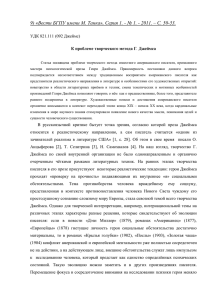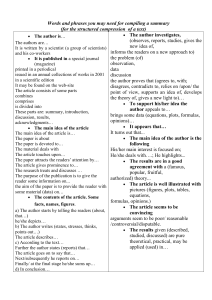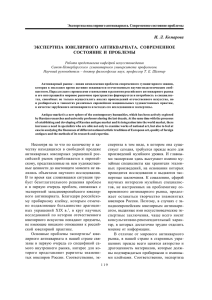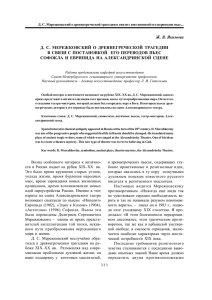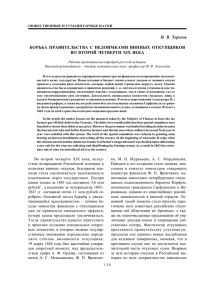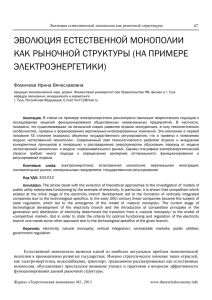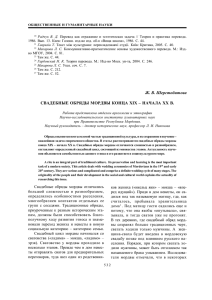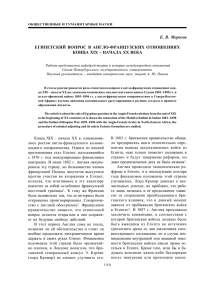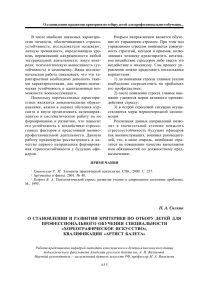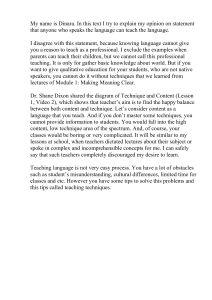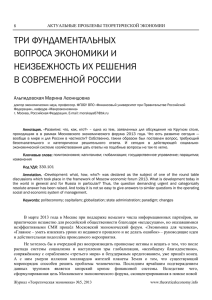O. M. Крижовецкая ПРОЗА М. ВЕЛЛЕРА И Л.УЛИЦКОЙ
реклама
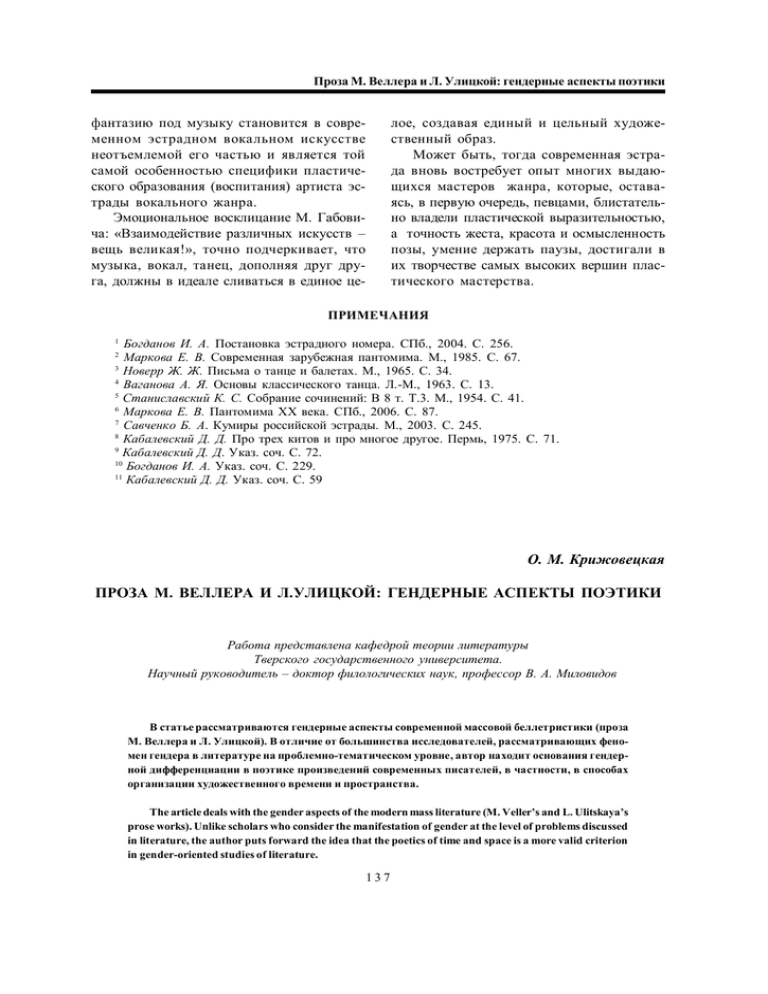
. . : , - . , ( - ) , , . . !», , , , 1 . . . . . . 3 5 7 8 9 10 11 . ., 2004. . 256. ., 1985. . 67. . ., 1965. . 34. . .- ., 1963. . 13. : 8 . .3. ., 1954. . 41. ., 2006. . 87. . ., 2003. . 245. . , 1975. . 71. . . . . . . . . . . . . . . . 72. . . . . . 229. . . . . . 59 6 , . . 4 , - . 2 , , , , , , – :« , . . . : . – , . . ( . . ). , - , , , . The article deals with the gender aspects of the modern mass literature (M. Veller’s and L. Ulitskaya’s prose works). Unlike scholars who consider the manifestation of gender at the level of problems discussed in literature, the author puts forward the idea that the poetics of time and space is a more valid criterion in gender-oriented studies of literature. 137 – . , . : , , – » - ), , – , , »1 . , , » « » » , - . . « , . - « » , 2 . , , - – » – « »– « « » . , . , : . , – . , , . . , , , , , » « . , « , »3, « , - , : , - , . , , “ ?” – »4 . « » . « « . . - , - , . – , . » » - , , . , » . « . , , , , – , - , - – - , . . 138 - . , . : . » - , ( . – , . – »9. )5 . , , . , , - « - « » – . , ( . , , – »6 ). « .), . . , : « » , , , - , . , , , . . - , , » . . 7 , , - , . , - , , , , . , , , , , . , : – - , , . . - « » , . , . - , , . , / , - . : « . - », , – , . - , « 8 », , , , , . . « » , »: « , , , . , . « ( , , , ) , 139 » , : - . , – , , « , « , , . « – , »10. . . » - . . . » , « ». – – . . . »11 , , , , , , , , . , – , , . , , , . – « « » « , - « » 12 . , – . », , », - , - . , - , . , . » , « . . - . - , . , , . « - , – . / » . . , ( , ), , , - , . « » – . , . , , , : . . « … « » , . , . <…> <…> . 140 . . « »/« », « »/ « ». « »– , . , , , , . , , , . « » – , « », « » . » – – . : « », –« ». , - . <…> »13 . « » - , « – », ; , « » - . - . , , - , , , . , - , , . , , , . . « « « - , , - , .<…> , , - »14 ( , . - , « – » – . », : ». .). . . . « ( 16 – . : .), – , – , , , »15 . , , - . , - , « », 1 - . . . . . . 2005. . . .: . 3 4 . , / 2 . . , . . . …. . . . : 3 . . 388. . . . // . . . 1999. . 112. . 1. . 387. 141 - XIX–XX // . 1993. .: . . 5 .: . . : , . 235–266; 6 .: 1997. . 151–191. // 67. . . . 2004. // . . 1996. 90- 80- 7 7. . 4. XX . .: . . . . . . 388. 8 . . . 1986. . . . 9 // . . 10 . 11 . . - // - . 142. . , 4. 1996. . 63. . « » . . 1998. 6. . 1998. ! ( . 41. ) // - : ?» // . 101–107. 12 .: . 13 …. . . . 60. . . 6. . . 129. 14 15 16 . : . . . . . ., 2003. . 7. . . : , 2005. . . ) – , . . . , , , . - The article deals with the comparative study of structural-semantic, pragmatic and cognitive-frame features of linguistic means of understanding and misunderstanding expression in English and Russian with the help of definition survey, investigation of their word-combinational potential and corpus analysis of text examples. . - , : 142 -
